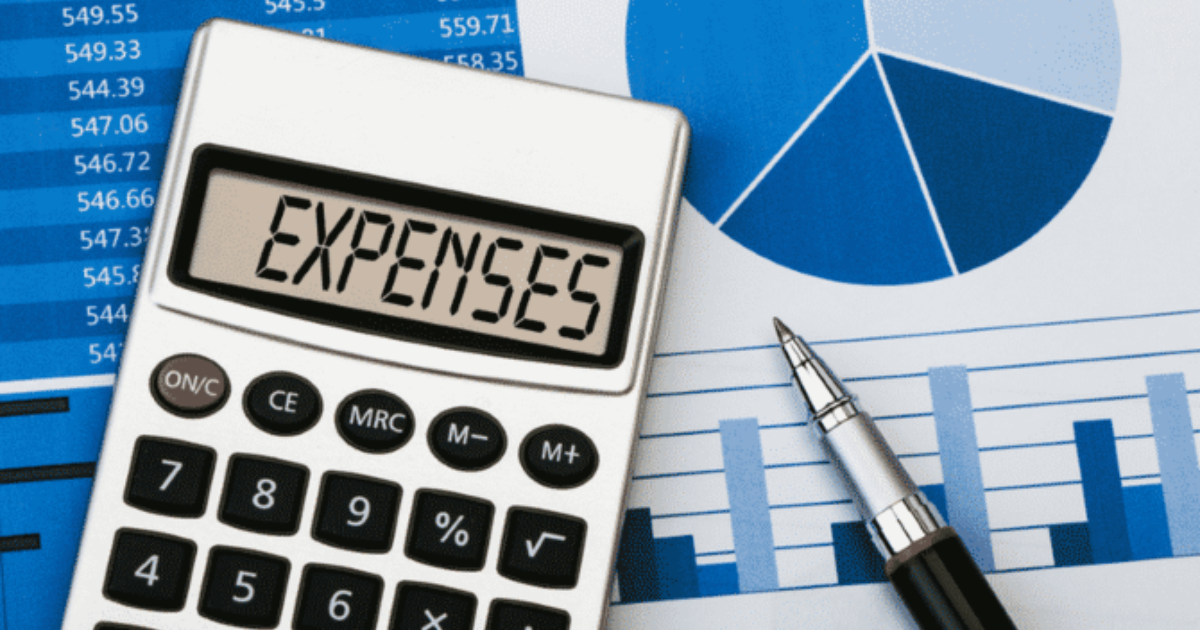Investing in the stock market can be a powerful way to build wealth over time. While stock prices and capital gains often steal the spotlight, dividends are a crucial—yet sometimes overlooked—part of the investment picture. For beginner investors, understanding how stock dividends work is an essential step toward building a successful investment strategy. This guide explains what stock dividends are, how they work, their benefits and drawbacks, and what beginners need to know to get started.
What Are Stock Dividends?
Definition
A stock dividend is a payment made by a corporation to its shareholders, usually in the form of additional shares of stock. Unlike cash dividends, which provide direct income, stock dividends increase the number of shares an investor owns without changing the total value of their holdings immediately.
Purpose of Dividends
Dividends are a way for companies to share profits with their shareholders. While some companies, especially those in growth phases, reinvest all profits into expansion, others—particularly mature companies—return some profits to shareholders as dividends.
Types of Dividends
Cash Dividends
The most common type, cash dividends are periodic payments made in cash directly to shareholders. They are usually paid quarterly and are taxed as income.
Stock Dividends
These are paid in the form of additional shares rather than cash. Stock dividends are often issued when a company wants to reward shareholders but preserve cash.
Special Dividends

Occasionally, a company might issue a one-time special dividend due to unusually high profits or asset sales.
Preferred Dividends
Paid to holders of preferred stock, these dividends are often fixed and take precedence over common stock dividends.
How Stock Dividends Work
Example Scenario
Suppose you own 100 shares of a company that announces a 10% stock dividend. You would receive an additional 10 shares, bringing your total to 110. While the share price may adjust downward to reflect the increased supply, your total investment value remains the same initially.
Impact on Share Price
Stock dividends dilute the share price. If a company issues a 10% stock dividend, the share price typically drops by about 10% to maintain the overall value. However, the total market capitalization of the company remains unchanged.
Tax Implications
In many jurisdictions, stock dividends are not immediately taxable. However, they can affect the cost basis of your shares, which will influence capital gains taxes when you eventually sell.
Why Companies Issue Stock Dividends
Preserve Cash Flow
Stock dividends allow companies to reward shareholders while retaining cash for operations or growth.
Signal of Confidence
Issuing dividends can signal to the market that a company is financially healthy and confident in its future earnings.
Increase Liquidity
By increasing the number of outstanding shares, stock dividends can make shares more affordable and attractive to a broader range of investors.
Benefits of Stock Dividends
Ownership Growth
Stock dividends provide investors with more shares, increasing their stake in the company without additional investment.
Compound Growth
Reinvesting dividends—whether stock or cash—can lead to exponential portfolio growth over time due to compounding.
Flexibility
Investors can choose to hold the additional shares or sell them to generate income.
Favorable Tax Treatment
In some cases, stock dividends may be taxed more favorably than cash dividends.
Drawbacks of Stock Dividends
Dilution of Value
Though the number of shares increases, each share’s value decreases proportionally, which might concern some investors.
Complexity
Tracking cost basis and managing taxes can be more complex with stock dividends.
No Immediate Income
Unlike cash dividends, stock dividends do not provide immediate spending money.
Key Dates to Know
Declaration Date
The date on which the company announces the dividend.
Ex-Dividend Date
You must own the stock before this date to receive the dividend.
Record Date
The company checks its records on this date to determine eligible shareholders.
Payment Date
The date when the dividend is actually delivered to shareholders.
How to Invest in Dividend-Paying Stocks
Research the Company
Look for companies with a history of stable or growing dividends, strong earnings, and sustainable payout ratios.
Use Dividend Tracking Tools
There are many platforms and apps that help investors monitor dividend yields, payment history, and upcoming dividends.
Reinvest Dividends

Enroll in a Dividend Reinvestment Plan (DRIP) to automatically reinvest your dividends into more shares.
Diversify
Don’t rely solely on dividend-paying stocks; ensure your portfolio includes various asset types for balance.
Also Read: What Is Market Capitalization And Why Does It Matter To Investors?
Conclusion
Stock dividends are a powerful tool for long-term investors looking to grow their portfolios without additional out-of-pocket investment. By understanding how stock dividends work, their advantages and disadvantages, and how to incorporate them into a broader investment strategy, beginners can make more informed decisions. Whether you are reinvesting to build wealth or using dividends for income later in life, knowing the ins and outs of stock dividends will serve you well on your investing journey.
FAQs
1. Are stock dividends better than cash dividends?
It depends on your financial goals. Stock dividends are better for long-term growth, while cash dividends are preferable for immediate income.
2. Do all companies offer stock dividends?
No, not all companies offer dividends. Many high-growth companies reinvest earnings instead of paying dividends.
3. Can stock dividends lose value?
While the number of shares increases, the value per share decreases proportionally, so the total investment value remains initially the same. However, share prices can fluctuate with market conditions.
4. How do I know if a company pays stock dividends?
Check the company’s investor relations page or financial statements, or use stock screening tools that filter for dividend-paying stocks.
5. Are stock dividends taxable?
Stock dividends are usually not taxable immediately, but they can impact the cost basis of your shares, affecting taxes when you sell them.









